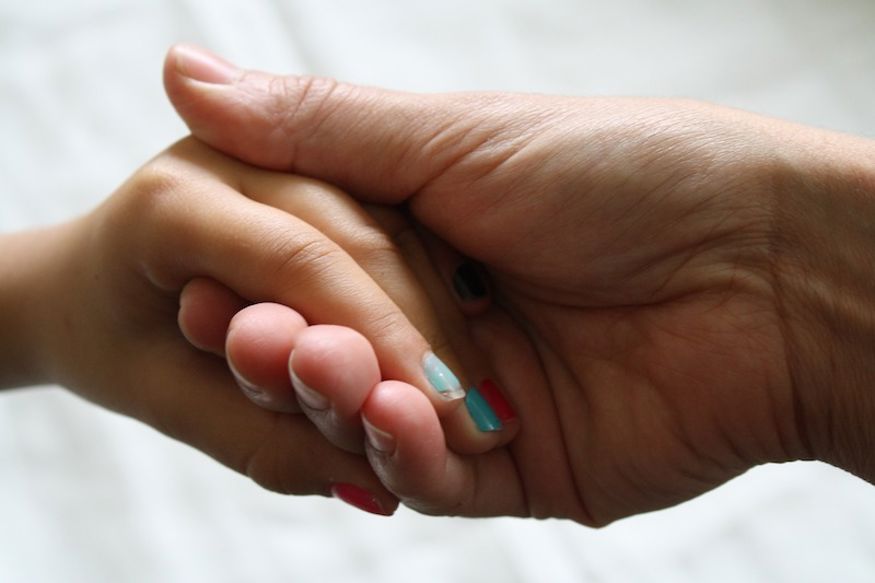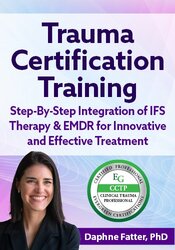Enrol in an online course today for flexible, self-paced learning—no fixed schedule required. Plus, enjoy lifetime access to course materials for convenient revisiting.
Counselling Young Carers: A Hidden Issue

When family members are struggling with physical and or mental health problems, it seems like a natural response to provide the necessary care from within the family itself. The role of carer can often fall upon the children and the young people in the family.
In our experience of working with young people in the school setting, we have found that this information is sometimes unknown to the school and often comes to light during a counselling session. This happens because caring for a parent or an elderly relative has become part of their everyday lives and the young person is bearing the burden alone without realising that they are carers. Counsellors need to be mindful of diversity issues surrounding this topic and sensitive to different cultural beliefs around assistance from outside of the family.
It feels important for counsellors working with young people to be aware that this may be a hidden or unspoken issue for a client. It is an area that counsellors should increasingly be listening for as the strain of being a young carer can lead to problems.
Impact of being a young carer
- Physical ill health
- Anxiety and depression
- Frequent absence at school
- Frequent lateness
- Low academic attainment
- Tiredness – unable to perform at school
- Falling behind with work and homework
- Withdrawn and difficulty in connecting with others (this often occurs as they are less able to join in extracurricular, or social activities outside of school)
Complexities of working in a school setting
Students may be referred for counselling for behavioural problems or non attendance at school, frequent lateness, or sometimes staff are not sure what the problem is and make a counselling referral. In our experience it is these types of referral where people are not too sure of what is going on for the student that have often led to students describing a life where they are caring for a parent or siblings and trying to manage school life as well.
Example from Practice
A student who was referred for frequent lateness described a situation where she was needing to make breakfast, iron the younger children’s clothes and take them to nursery and primary school before going to school herself. Apparently Mum was unable to get up in the mornings. Once the school were informed, social workers were involved and it transpired that Mum had developed Pernicious Anaemia. This was treatable, and a home help was arranged for mornings and the school run.
Help is Out There!
Counsellors need to be aware of these underlying issues for their young clients as they are not always apparent, and there is help for young carers. Social workers often need to be involved, and if long-term care is needed it can be provided through the NHS. There are also support groups for young carers.
It’s so important for the school to be aware of the young person’s situation, and therefore the counsellor’s role is key here in identifying a young carer and providing a space for them to talk about it, sometimes for the first time.

















